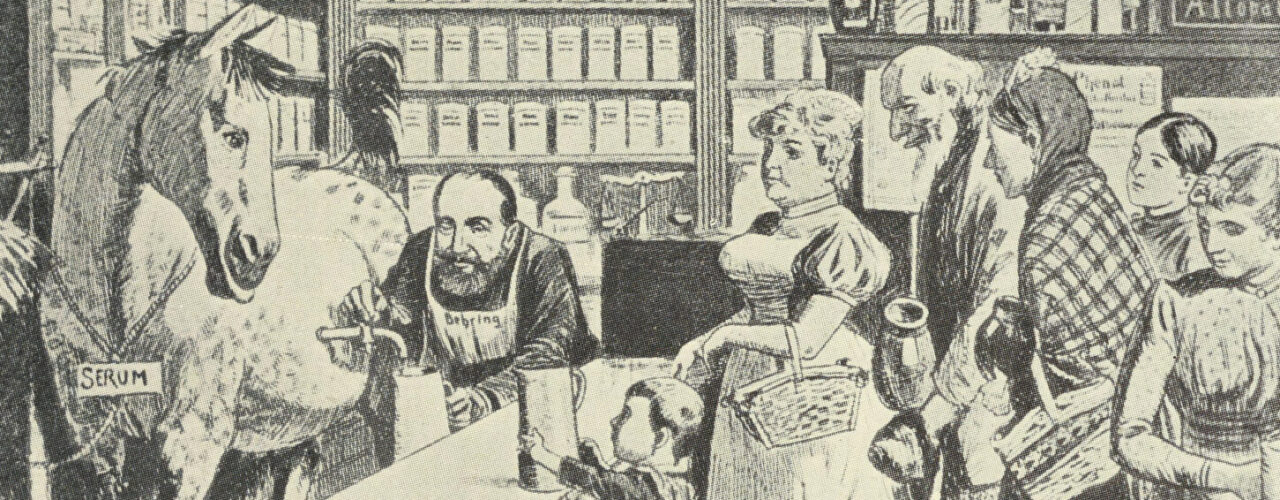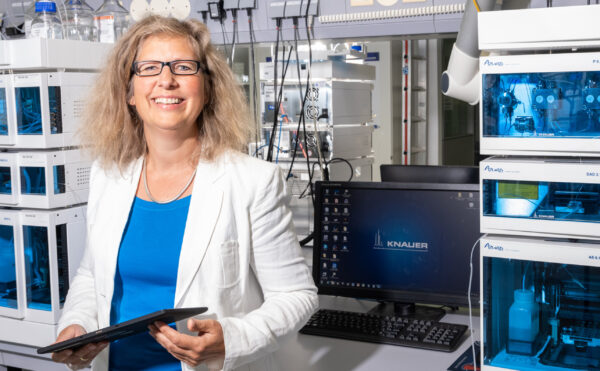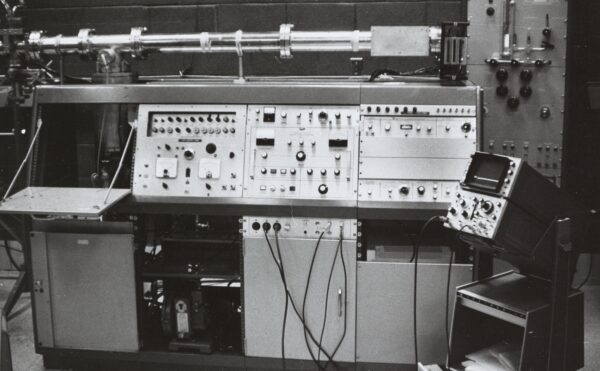
Institute’s Digital Exhibition on Vaccines Gets Boost from Google Arts & Culture
‘Animals and the Making of Human Vaccines’ is featured in the online platform’s history of vaccination project.
Animals and the Making of Human Vaccine, one of the Science History Institute’s most popular digital exhibitions, has been selected to be a featured story on Google Arts & Culture’s “A Brief History of Vaccination” project. This high-visibility, global initiative explores “centuries of life-saving science” through“discoveries, eradication, and ongoing research.”
Curated by former fellow and staff member Rebecca Kaplan, the exhibition highlights the vital role animals have played in the production of vaccines and the prevention of diseases such as smallpox, rabies, and diphtheria.
Animals and the Making of Human Vaccines is featured alongside online exhibits on vaccination produced by the Deutsches Museum, Institut Pasteur, Science Museum London, MUSE Trento, the Smithsonian, and others. You can find it on the themes page or the project page under “The Long Road to a Little Jab” section by clicking on the “How Animals Help in the Fight Against Diseases” tab.
Google Arts & Culture showcases exhibitions and collections from museums and archives all around the world, offering visitors the opportunity to explore cultural treasures in extraordinary detail, from hidden gems to masterpieces.
Above: “Serum Direct from the Horse, Freshly Supplied,” a German caricature from The History of Inoculation and Vaccination for the Prevention and Treatment of Disease, circa 1913. Science History Institute
More News
Science History Institute, Pittsburgh Conference to Present Pittcon Heritage Award to Alexandra Knauer
The CEO and owner of lab instrument manufacturer KNAUER will be honored at the 2026 conference in San Antonio on March 8.
LyondellBasell’s Bob Patel Named 2026 Petrochemical Heritage Award Honoree
The prestigious award will be presented by the Science History Institute and the Founders Club on March 28 during AFPM’s International Petrochemical Conference in San Antonio.
Melissa Sherman Joins Science History Institute’s Board of Directors
The MOBILion Systems founding CEO will help support the Institute’s mission and strengthen our relationships in the life sciences industry.



